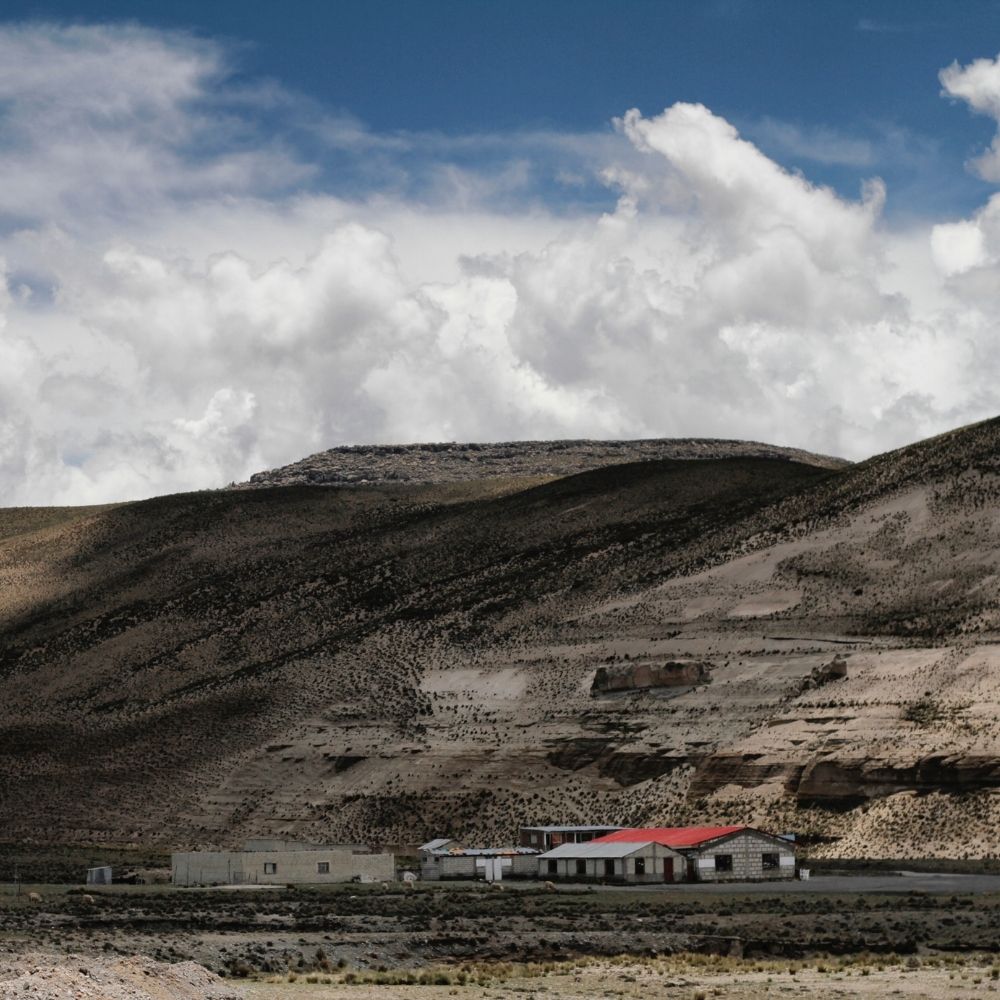Policy uncertainty spillover and role of institution: Evidence from the mining sector
Examining the role of institutional quality

How do multinationals reallocate assets across geographies in uncertain times? Are countries always negatively affected by uncertainty abroad, or they might gain from it in certain circumstances? Using data from the mining industry, this paper suggests that domestic economic policy uncertainty leads to relatively higher investment in foreign mines, and that the effect is greater when a firm’s country of domicile and that of its foreign establishment(s) are signatories to a bilateral investment treaty – thereby providing greater institutional quality for the firm’s operations.
WORLDWIDE
Publications
Policy Uncertainty, Multinational Firms, and Reallocation
Abstract
Multinationals are often considered a tool through which economic shocks originating in a region get magnified. This paper, in contrast, shows that elevated economic policy uncertainty (EPU) in a country is associated with increase in investment by a firm in other regions. I find that (multinational) firms hold back investment in a country subjected to higher EPU, which they reallocate to projects in other countries. I find the impact to be higher for firms with tighter financial constraints. I also find that the reallocation is directed more towards countries that provide a better legal environment. The study uses establishment-level data of mining firms as a laboratory. Limited input–output linkage across mines allows me to study the impact caused particularly through the allocation decision of firms. The empirical strategy exploits variations in: i) parent country of mines operating in the same country; & ii) country of operation of mines owned by same firm. Overall, my findings highlight that multinationals could potentially stabilize the escalation of regional policy uncertainty shocks to global crisis.




